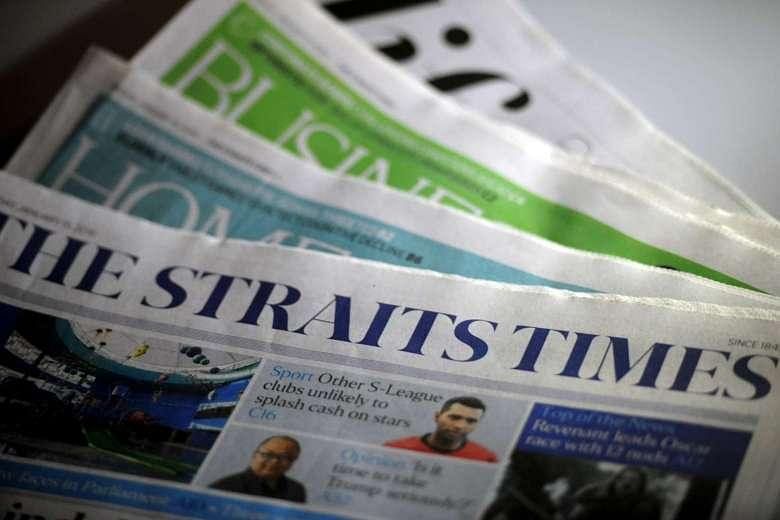The principles of retributive punishment are very clear: punishments must be morally correct, appropriate in severity to fit the wrongdoing, and not inflict unintentional harm on the innocent (Fine too harsh given doc's good intentions, by Dr Andrew Yam, March 9).
While patient confidentiality is sacrosanct and our psychiatrist colleague Dr Soo Shuenn Chiang erred by divulging such information, a reading of the case demonstrates clearly that the doctor was a victim of a false representation scam, not the perpetrator of a misdeed.
It goes against the principles of retributive punishment for honest professional compassion for a patient's safety, albeit a little hasty, to result in such harsh punishment, while the one who deceived the doctor into releasing the medical report goes unpunished.
The unintended ill effects of recent Singapore Medical Council (SMC) rulings are already readily apparent.
Doctors have become more disenchanted and disengaged from patients, much as they love the profession.
Phone calls are less readily entertained, free and friendly advice no longer dispensed without face-to-face consultations, and only verification of identity fully supported by documentation accepted in all but the surest cases.
SMC judgments used to be learning lessons for doctors, forewarning them of mistakes to avoid.
That the Ministry of Health has once again been called upon to institute justice (MOH looking into SMC decision to fine doctor after petition, March 10) brings to the fore the need for a professional disciplinary tribunal at the SMC.
Yik Keng Yeong (Dr)

